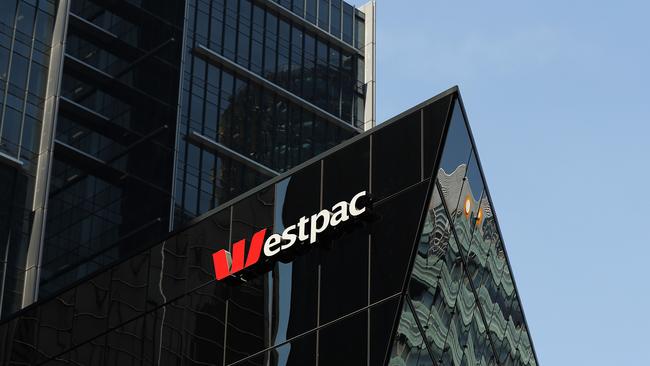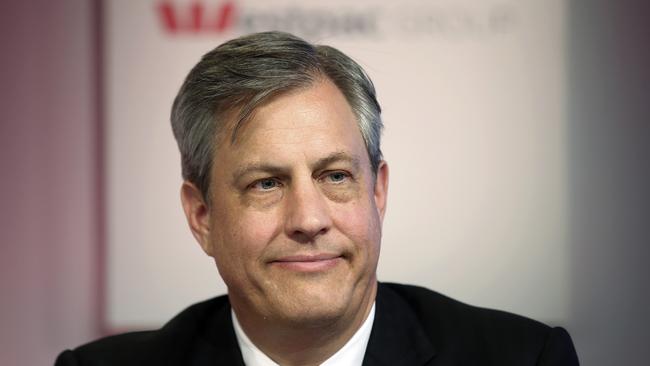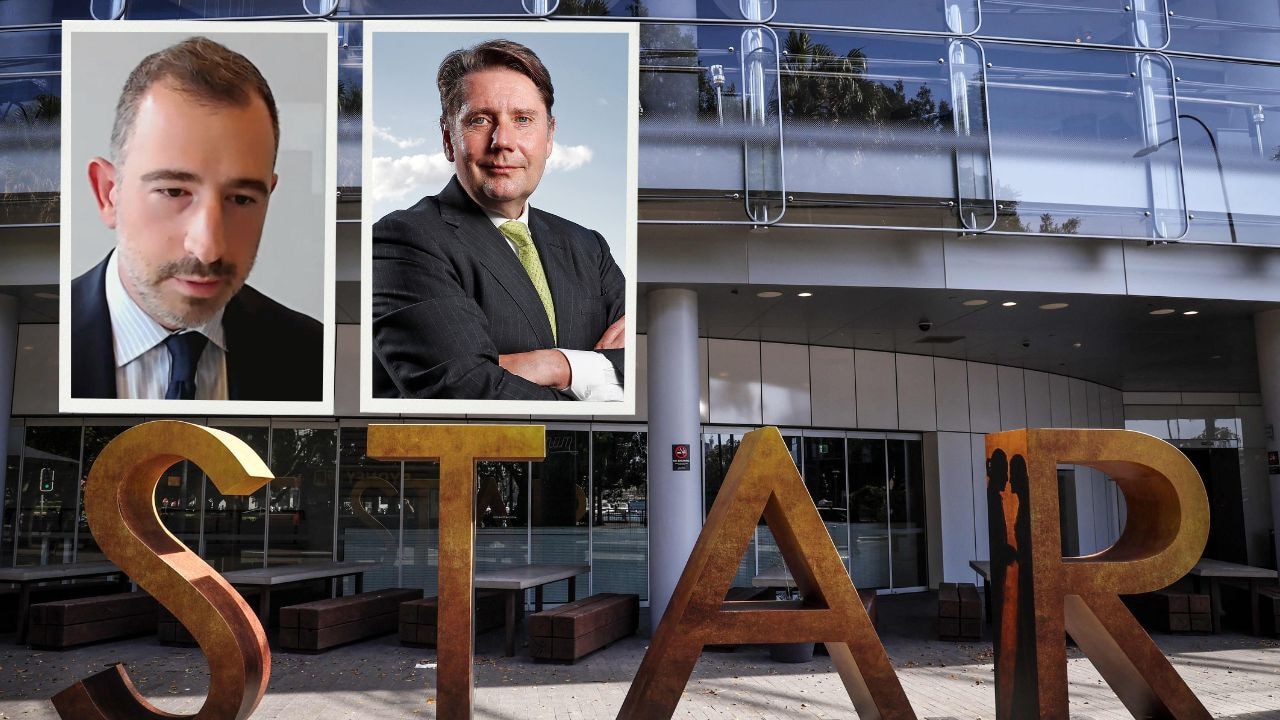Westpac argues premise it should act in customers’ best interests is ‘flawed’
Westpac argues the Federal Court ‘erred’ in its ruling that staff provided personal advice to customers.

Westpac is fighting the Federal Court’s decision to side with the corporate regulator in its judgment that a sales campaign which encouraged customers to move their superannuation to the bank’s underperforming BT unit breached financial services laws, arguing the “implicit premise” that it was required to act in its customers’ best interests was “flawed”.
The stunning claims are included in Westpac’s application for special leave to appeal the ruling, which was lodged with the High Court on November 25, days after it was plunged into crisis over an anti-money laundering scandal that could cost the bank $1bn and just a day before Brian Hartzer was forced to resign as CEO.

The statement forms part of the embattled lender’s detailed arguments against the assumptions made by the court and the bank’s concerns over the legal precedent it sets.
“The Full Court started from the implicit premise that Westpac was required to act in its customers’ best interests. That approach is flawed,” the bank said.
The court “erred” in its ruling that staff provided personal advice to customers, Westpac argued.
“The Full Court ought to have found that the applicants did not provide personal advice to any of the relevant customers,” it said.
The 17-page document, seen by The Australian, follows a decision by a three-judge panel in October to unanimously uphold an appeal by ASIC over a 2018 ruling that cleared Westpac of providing personal advice when it contacted 15 customers and encouraged them to transfer funds from their external accounts with other superannuation funds, into their BT accounts.
In siding with ASIC, the court found that Westpac gave personal advice “because … there was an implied recommendation in each call that the customer should accept the service to move accounts funds into his or her BT account carrying with it an implied statement of opinion that this step would meet and fulfil the concerns and objectives the customer had enunciated on the call in answer to deliberate questions by the callers about paying too much in fees and enhancing manageability.”
Arguing against the decision, Westpac said the court should have “found that a reasonable person would not expect Westpac to have considered the customers’ objectives of saving on fees and manageability in making an implied recommendation to rollover [their super]”.
“The Full Court’s decision … gives rise to real uncertainty as to the legitimacy of many interactions between financial product providers and their customers,” Westpac said.
“The premise of the Full Court’s approach is that customers cannot be expected to make important financial decisions for themselves on the basis of ‘general advice’ only; [and] that they are entitled to expect their financial services provider to act in their best interests … the circular effect of the Full Court’s decision is to impose a best interests obligation where there otherwise is none.”
In what was seen as a key test case for ASIC, the regulator in 2016 alleged that two telephone campaigns conducted by the bank breached financial services laws because they gave customers personal advice under the guise of general advice and failed to consider whether it was in their best interests.
Commenting on the October appeal win, the regulator said it provided “clarity and certainty concerning the difference between general and personal advice for consumers and financial services providers”.
Westpac’s appeal attempt comes as its super funds were named and shamed on the prudential regulator’s new and controversial heatmap measure that ranks the performance of super funds.
It also comes ahead of Westpac’s annual general meeting on Thursday, where it faces the threat of a board spill and shareholder fury over allegations it breached anti-money laundering laws 23 million times and failed to properly monitor payments linked to child exploitation.
ASIC confirmed it would contest the latest application made by Westpac.


